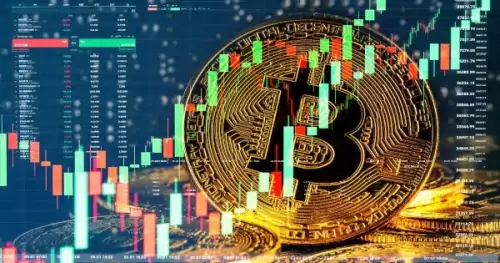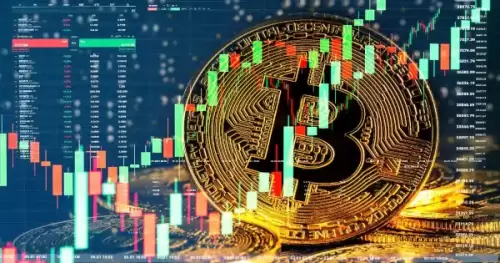Hong Kong's HKMA is rolling out a stablecoin licensing system. Find out how it'll impact the digital asset landscape and what it means for innovation and investment.

Hong Kong is stepping up its game in the digital asset arena. The Hong Kong Monetary Authority (HKMA) is set to launch its new regulatory framework for stablecoins, kicking off on August 1, 2025. This initiative is all about balancing innovation with solid oversight.
The Invitation-Only Club
The HKMA isn't throwing the doors wide open. Instead, they're opting for an invitation-only licensing system, potentially issuing licenses to a select, single-digit number of established players. Think of it as a VIP club for stablecoin issuers. Christopher Hui, Hong Kong's Secretary for Financial Services and the Treasury, emphasized a proactive approach, consulting with stakeholders to implement these regulatory guidelines.
What's the Big Idea?
This move aligns Hong Kong with other major jurisdictions that are also tightening the reins on stablecoin markets. The goal? To foster confidence among investors and users, paving the way for broader adoption of digital currencies. The HKMA wants to attract established financial institutions and tech companies that can meet their stringent criteria, ensuring a stable and reliable stablecoin ecosystem.
Benchmark Qualifications
So, what does it take to get a golden ticket? According to Eddie Yue, Hong Kong Monetary Authority Chief Executive, applicants need to propose realistic business plans with practical applications. They also need to demonstrate strong reserve management capabilities, with a capital reserve of at least HKD 25 million (about USD 3.2 million). Banks get a pass on the capital requirement, though. Compliance systems, like anti-money laundering measures, are also a must.
US vs. Hong Kong: A Tale of Two Approaches
Hong Kong's approach contrasts with the U.S.'s GENIUS Act, signed into law on July 18, 2025. While the U.S. focuses on dollar dominance and market consolidation, Hong Kong aims for selective innovation and a regional hub status. The U.S. favors large issuers and requires U.S. Treasuries in reserves, while Hong Kong offers flexibility to issue stablecoins pegged to any official currency, including the offshore RMB. This positions Hong Kong as a key player in China's Belt and Road Initiative (BRI), facilitating cross-border transactions.
The Impact
The Stablecoin Ordinance is expected to have a significant impact on Hong Kong's financial landscape. By introducing a licensing system, Hong Kong aims to attract more stablecoin issuers and service providers, thereby enhancing its position as a global financial hub. The new regulations are also expected to promote innovation in the digital asset sector, as companies will have a clear regulatory framework to operate within.
Looking Ahead
The HKMA's new framework could drive institutional engagement and volumes, potentially stimulating economic growth and innovation. With regulatory clarity, we might see broader market access and improved on/off ramps for digital assets.
So, is Hong Kong on the verge of becoming the next big thing in stablecoins? Only time will tell, but one thing's for sure: it's shaping up to be an exciting ride. Keep your eyes peeled, folks – the future of finance is unfolding right before our very eyes!














































































